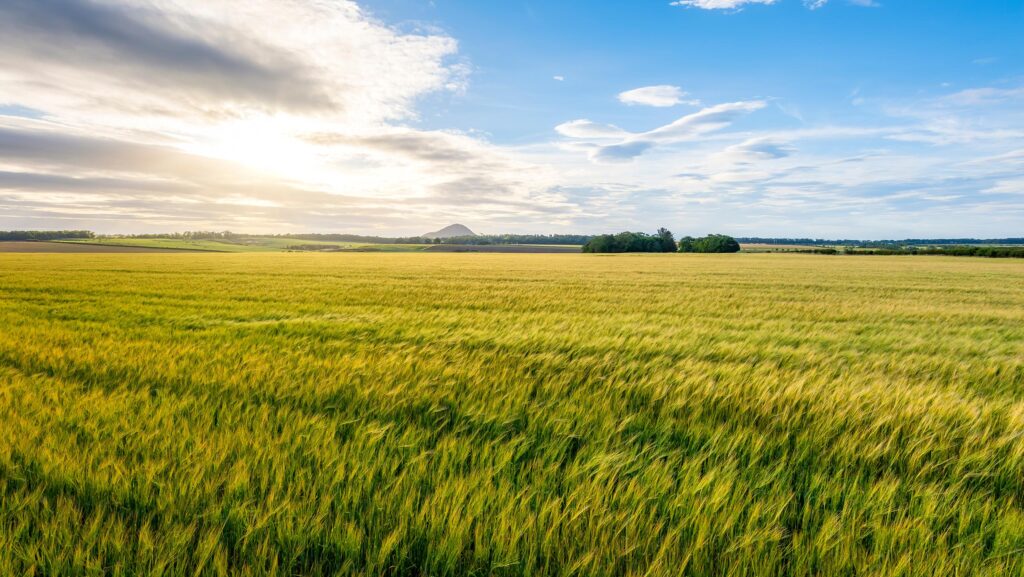Scottish growers turn attention to varietal choices for 2025
 © Adobe Stock
© Adobe Stock Planning is well under way for harvest 2025, with growers in Scotland considering variety choices with disease susceptibility a key consideration.
Greg Dawson, deputy managing director and an active agronomist at Scottish Agronomy, says growers are starting to look at cropping choices for next season amid ongoing challenges this season.
The Scottish Agronomy Co-operative is the leading organisation devoted to independent arable advice for farmers.
See also: Why a Scottish estate harvests crops every month of the year
On Tuesday (25 June), it is hosting a Summer Trials Open Day at Balgonie Farm, Glenrothes, Fife, the largest field trials system in the north of the UK with 13,500 plots.
Combinable crop farmers and trade members will be able to get advice from agronomists stationed at various crops and gain valuable insights on varietal choice.
Mr Dawson said: “Our trial plots are showing the overwhelming need to use varietal resistance and fungicide inputs in tandem to achieve optimum disease control and sustainability. Early action may be required to secure varieties of choice.
“Many growers will be considering an earlier start to drilling in Scotland – where blackgrass is less of a threat than in England – to widen the working window. This adds another factor to consider when choosing varieties.”
Options
The open day provided an important opportunity to look at the options in the context of local trials data from previous harvests and the AHDB Recommended List, he added.
Issues around soil structure, including compaction and drainage, were also at the forefront of many growers’ minds, Mr Dawson said.
“Assessing soil structure post-harvest will be important to decide on the most appropriate course of action to get following crops in quickly, but also in the best possible soil conditions,” he added.
Meanwhile, growers are reporting extreme variation in crop potential for harvest 2024, depending on soil conditions and timing of the various rainfall events that have pummelled crops, soil and people since late September.
Spring sown crops range from “excellent to disappointing”.
Potatoes latest
Following a late planting season in Scotland, very few potato crops will have had full ground cover by the longest day (Thursday 20 June).
Mr Dawson said: “Potatoes are a sunshine crop and we hope for an increase in sunlight intensity to drive bulking and allow crops to meet their potential.”
Crop managers must learn lessons from the cool, wet season in Europe in 2023 and be “switched on” to the consequences of evolving blight genotypes and their resistance to key fungicide groups, and ensure disease control methods are robust.
The availability of the multisite fungicide Mancozeb was welcome for 2024, he said, but with the revocation timeline now set, growers and agronomists would need to consider how to proceed.

